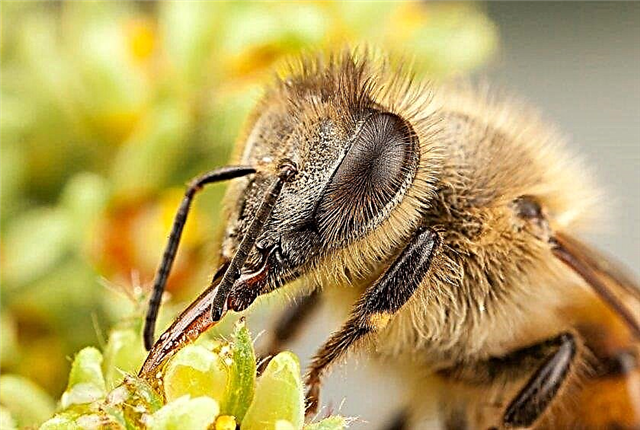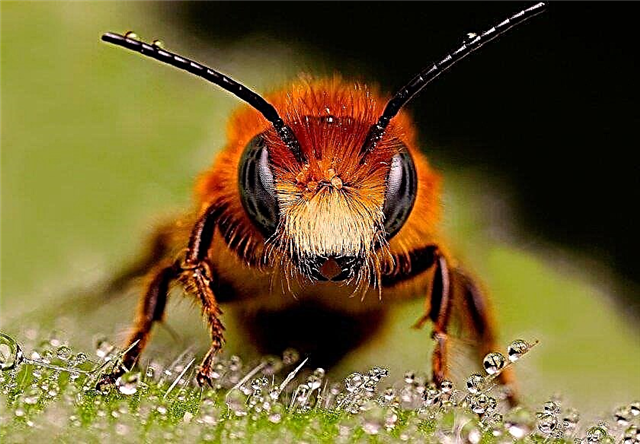On the territory of four Brazilian states, a total pestilence of bees was recorded. Only on the territory of Rio Grande do Sul killed more than four hundred million individuals.
According to Aldo Machado, who is the first deputy head of the Association of Beekeepers in the region, his own colony of bees completely died out in just two days - immediately after the beekeeper first turned his attention to signs of an unknown disease in his wards.
As soon as healthy individuals began to eliminate the hives from dead brothers, they immediately became infected and soon died, Machado notes.

Experts have found that in Rio Grande do Sul most of the bees died. However, an impressive pestilence also occurred in Mato Grosso do Sul, where forty-five million bees became victims of an unidentified attack. In Santa Catarina, there are over fifty million victims among the bee population. And in São Paulo - seven million.
Experts promptly studied the biomaterial of dead bees and concluded that insects died as a result of exposure to neonicotinoid pesticides and fipronil, which are used by local farmers to protect their crops.

It should be noted that in Europe the use of these substances in the agricultural sector is strictly prohibited.












